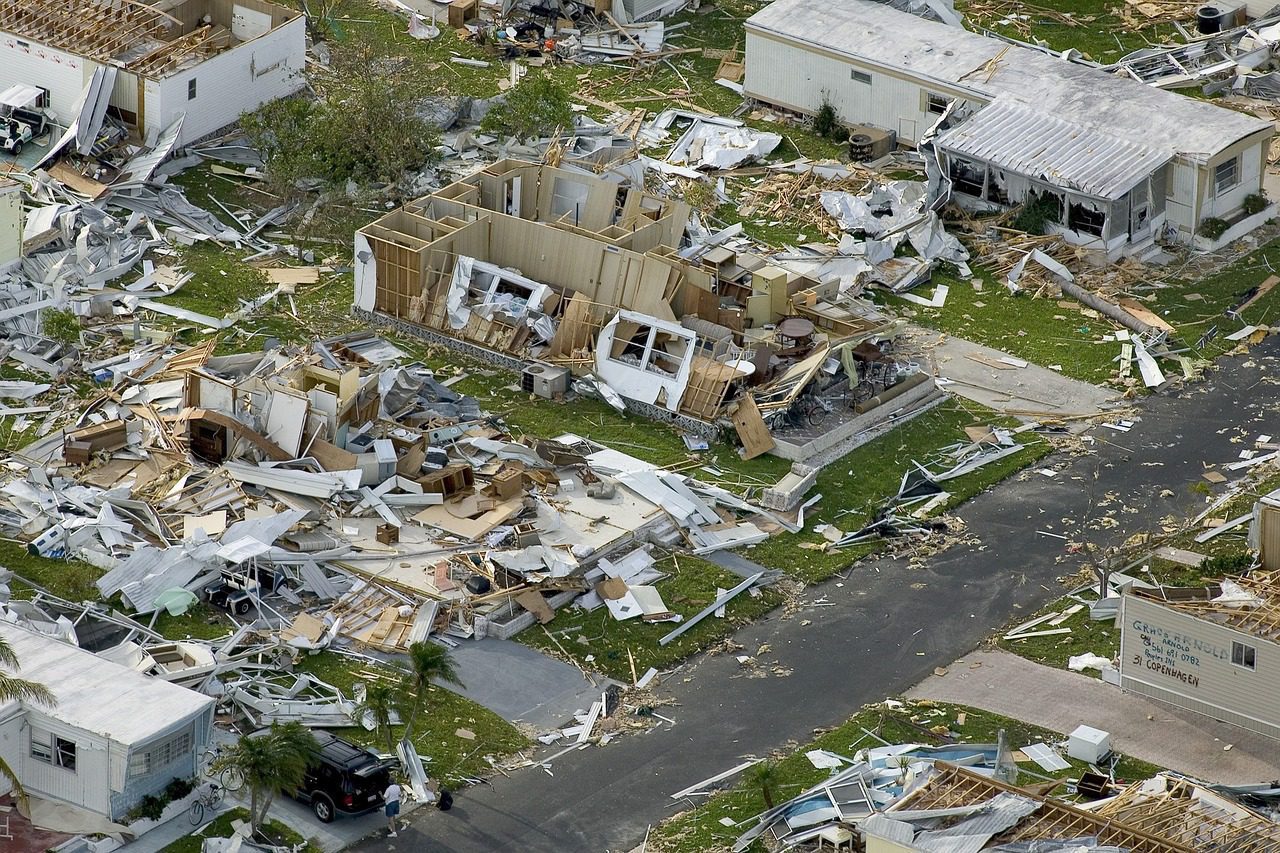
The free market is America’s first line of defense in the wake of disaster
Juan Londoño
October 18, 2024
These past weeks have been a traumatic and frightening time for Americans who have had to endure the destruction left behind by hurricanes Helene and Milton. Many of those living in the areas affected by these storms saw their entire lives upended in a matter of minutes. During these trying times, thousands of Americans rely on an ever-increasing toolkit of technologies to navigate the uncertainty brought by natural disasters. Technological innovation has proven to be one of the most effective tools at the disposal of those affected. Unfortunately, a lot of this innovation is hampered or undermined due to different policies that affect the technological and telecommunications industries. While Big Tech is using cutting-edge innovation to enhance peoples’ lives during natural disasters, Congress and federal agencies are to trying micromanage them and break them up.
One of the biggest challenges in the wake of a natural disaster is communication. Those in affected areas are constantly scrambling around to reach out to loved ones, send requests for medicines or supplies, or inform other about potential hazards or road closures. In some cases, hurricane victims have resorted to tools such as radios to reach out to each other. But these tools require prior prep or some level of technical expertise that might not be easy to scale up. Fortunately, those victims also have access to an increasing portfolio of alternative tools, such as satellite-powered phone or internet servies.
Owners of smartphones like the Google Pixel 9 or the iPhone 14 (and subsequent versions) have access to satellite-powered calling and texting. This provides an easily scalable solution for potential victims that need to contact emergency services when vital infrastructure, such as cell towers, is compromised. Additionally, satellite internet company Starlink has waived subscription fees for new and existing customers in affected areas. Project Kuiper (which also provides global satellite broadband) shows the development of a competitive satellite internet industry that is providing victims with a reliable internet connection in the immediate aftermath of the disaster, something impossible to think of a decade ago.
It is easy to take technologies that offer services that have become routine for granted. But in these emergency situations, these technologies prove to be real life-savers for those in the danger zones. For example, during hurricane season, consumers can access their phone’s app stores and find multiple weather tracking apps that give them real-time updates on the strength and trajectory of a hurricane or storm. They can do so with relative ease due to the app store’s app distribution and vetting systems that reassure consumers that these apps do not contain any malware or have shoddy data privacy practices.
But these apps would likely not be available, at least not for free, without the support of advertising. The time-cost of coding the app, hosting it, paying for a developer license, and maintaining it need to be offset to keep the app running. It is thanks to the digital advertising infrastructure that has been in place for years now that these apps remain readily available for consumers to download on a moment notice, and they can usually do so free of charge. Data-driven advertising can also make the discovery of these apps or other useful goods easier for users. Social media users located in potentially affected areas can receive location-based advertisements that promote weather-tracking apps or stores that offer valuable goods and services, such as plywood or the help of water damage contractors. This can point users to small businesses or stores they could have not seen otherwise, which are critical in a situation where these products are scarce.
Unfortunately, a lot of these innovations are either rolling out slowly or are being actively attacked by policymakers. As some have noted, the Biden administration’s approach to get Americans connected has left low-Earth orbit satellites services lagging behind, slowing down its deployment. Various bills and antitrust efforts aimed at app stores could seriously compromise user’s ability to safely and efficiently avoid fraudulent or malware-ridden apps. Congress has also continuously pushed bills that would severely impair or ban targeted advertising, which could severely reduce the number of free ad-supported services that some of these users rely on.
Providing logistical support has also been improved by technology. For example, Amazon received an urgent request from the North Carolina Department of Public Safety for baby formula. Within 15 hours of that request, more than 19,500 ounces of baby formula were delivered to the Joint Force Headquarters in Raleigh where the North Carolina National Guard expedited the shipment into Asheville, because many food banks and supply stores had been destroyed by Helene. While it is always to good to “buy locally,” the economies of scale and delivery networks needed to respond to a natural disaster can only be provided by logistical leaders like Amazon.
The technological innovation that is built in times of relative calm makes for a more resilient, disaster-ready society. As other phenomena like the COVID-19 pandemic have shown, these technologies can easily be leveraged for disaster response when paired with human’s ingenuity and adaptability. Hindsight is always 20-20 and you can’t go back in time to see if the response to Hurricane Katrina would have been better with today’s technology. We do know that moving forward it is critical to use these technological tools. We also know that policymakers in the U.S. should always opt for a pro-innovation approach, instead of breaking down the dynamic innovative cycle present in the American technology sector.
While hyper-regulation and antitrust lawsuits against technology companies may be fashionable for Republican and Democratic populists, breaking up these companies or stifling their creativity may cause more damage than good.
